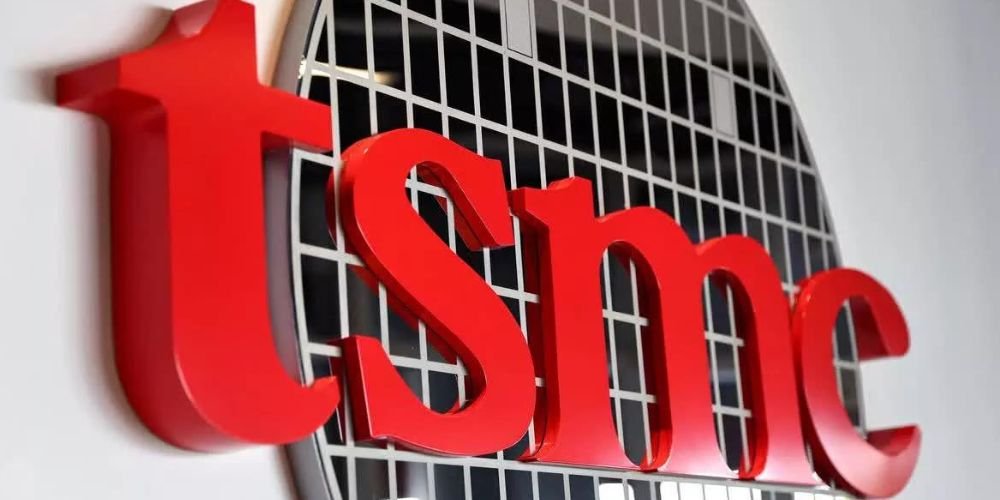Key Points
- TSMC and Samsung are in early discussions about building $100 billion chip projects in the UAE.
- The UAE government, through Mubadala, could fund the projects.
- TSMC has no current plans for new investments but remains open to discussions.
- The U.S. government is concerned about advanced technology from these projects reaching China through the Middle East.
Two of the world’s largest chipmakers, Taiwan Semiconductor Manufacturing Company (TSMC) and Samsung Electronics, are reportedly considering establishing major semiconductor production facilities in the United Arab Emirates (UAE). This move could involve investments exceeding $100 billion, according to a Sunday report by the Wall Street Journal (WSJ).
The report, citing sources familiar with the talks, said top executives from TSMC, the world’s largest contract chipmaker, recently visited the UAE to discuss building a chip manufacturing complex similar in scale to the company’s most advanced facilities in Taiwan. These discussions hint at the UAE’s ambition to position itself as a hub for high-tech industries, including the lucrative semiconductor sector.
According to the WSJ, Samsung Electronics, a South Korean conglomerate known for its smartphones, TVs, and memory chips, is also in early-stage talks about constructing major chip-making operations in the UAE. Samsung executives have visited the UAE to explore potential partnerships and projects, although no formal agreements have been reached.
While both TSMC and Samsung are exploring the idea, TSMC stated on Monday that it has no immediate investment plans to announce. In a statement to Reuters, the company said: “We are always open to constructive discussions on ways to promote the development of the semiconductor industry, but we remain focused on our current global expansion projects and have no new investment plans to disclose at this time.” Samsung declined to comment on the WSJ report.
If realized, the proposed projects would be funded by the UAE, with Mubadala, Abu Dhabi’s sovereign wealth fund, playing a central role in facilitating the investments, according to WSJ. The aim would be to enhance global chip production and reduce semiconductor prices while maintaining profitability for the companies involved.
However, these discussions remain in the early phases. They could face technical challenges, particularly in establishing advanced chip production capabilities in the UAE, which currently lacks the necessary infrastructure for such a large-scale endeavor.
As the UAE seeks to diversify its economy through tech investments, the U.S. government has expressed concern over the potential for advanced U.S. technologies, including artificial intelligence (AI) and semiconductors, to be funneled to China through the Middle East. Washington is particularly wary of the UAE’s growing role as a regional tech hub.




